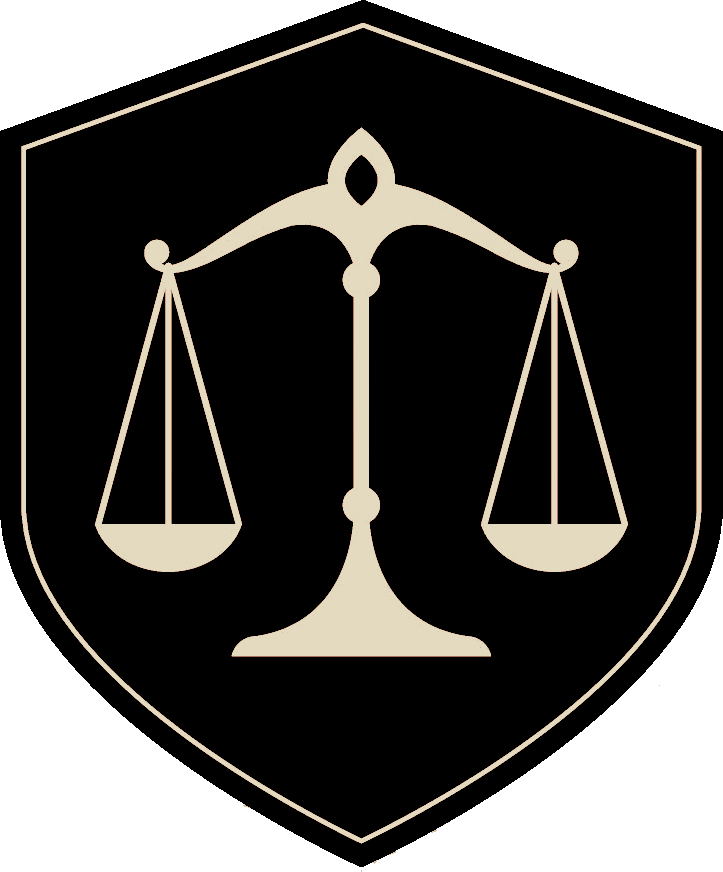Criminal and Civil Law | William A. Andy Law
The American legal system includes two separate but related areas of justice: criminal and civil law. Whether you must navigate just one or both, one key to success is to understand how they differ and how they are similar. Discover a few of the most important areas in which they compare and what they mean for you.
1. Purpose
As its name implies, the justice system's purpose is to administer justice. However, its two arms — civil and criminal — are concerned with different forms of justice.
Criminal justice's primary goal is to ensure justice for society on a larger scale, dealing with crimes against the state, its laws, and its citizens. Civil law is generally about resolving disputes between parties. These disputes can be small and personal, such as neighbor or contract disputes, or they can be large, like class action suits involving thousands of wronged individuals.
2. Punishment
Punishments for criminal convictions can be much more serious than civil ones. In general, a civil trial usually ends in a judgment regarding one side paying the other financial damages, but it can also order a defendant to cease doing something offensive, fulfill a contract agreement, or cede something. These can be financially or personally difficult, but they don't rise to the same level as incarceration or worse.
In addition, the consequences of a criminal conviction can be far-reaching. A person might be sent to jail for years. They can have many hours of community service, long periods on probation, future issues getting a job, or loss of other civil liberties. So legal counsel must approach both their case and settlement negotiations differently.
3. Criminal Cases
Because criminal cases can result in such serious consequences — putting a person's life and liberty in jeopardy — criminal defendants have a few specific legal rights that civil litigants don't. Perhaps the most important is the right not to self-incriminate. This Fifth Amendment right is reserved for criminal self-incrimination.
When charged with a criminal offense, the defendant also benefits from the constitutional requirement that prosecutors reveal all evidence that could exonerate them or lessen their punishment. It can take the form of anything from video footage providing an alibi to knowledge that a witness may have been unfairly biased.
4. Burden of Proof
The burden of proof refers to how much a jury must be convinced that the defendant did what they're accused of. Due to the serious nature of a criminal conviction, the burden of proof on prosecutors is higher than what a plaintiff must achieve. In general, the jury must be convinced beyond a reasonable doubt.
However, the civil burden of proof tends to be based on things like a preponderance of evidence, clear and convincing evidence, or that something was at least 51% likely to have occurred.
The different burdens of proof mean that when both a criminal and civil trial occurs related to the same incident — such as a drunk driving accident — results can be very different. A defendant may not be declared guilty beyond a reasonable doubt, but they may lose a civil trial.
5. Right of Appeal
Both civil and criminal trials have a built-in right of appeal. However, criminal cases only permit the defendant to appeal. The prosecution usually does not have this right once the trial is over and a judgment entered. Civil law allows one or both sides to appeal any number of issues that came up during the trial.
Undoubtedly, both civil and criminal law can be complex and confusing for the layperson. To navigate it successfully, you need good legal representation. William A. Andy Law is here to help. Call to learn more about the type of case you may be facing and how we can help you meet the challenge.









